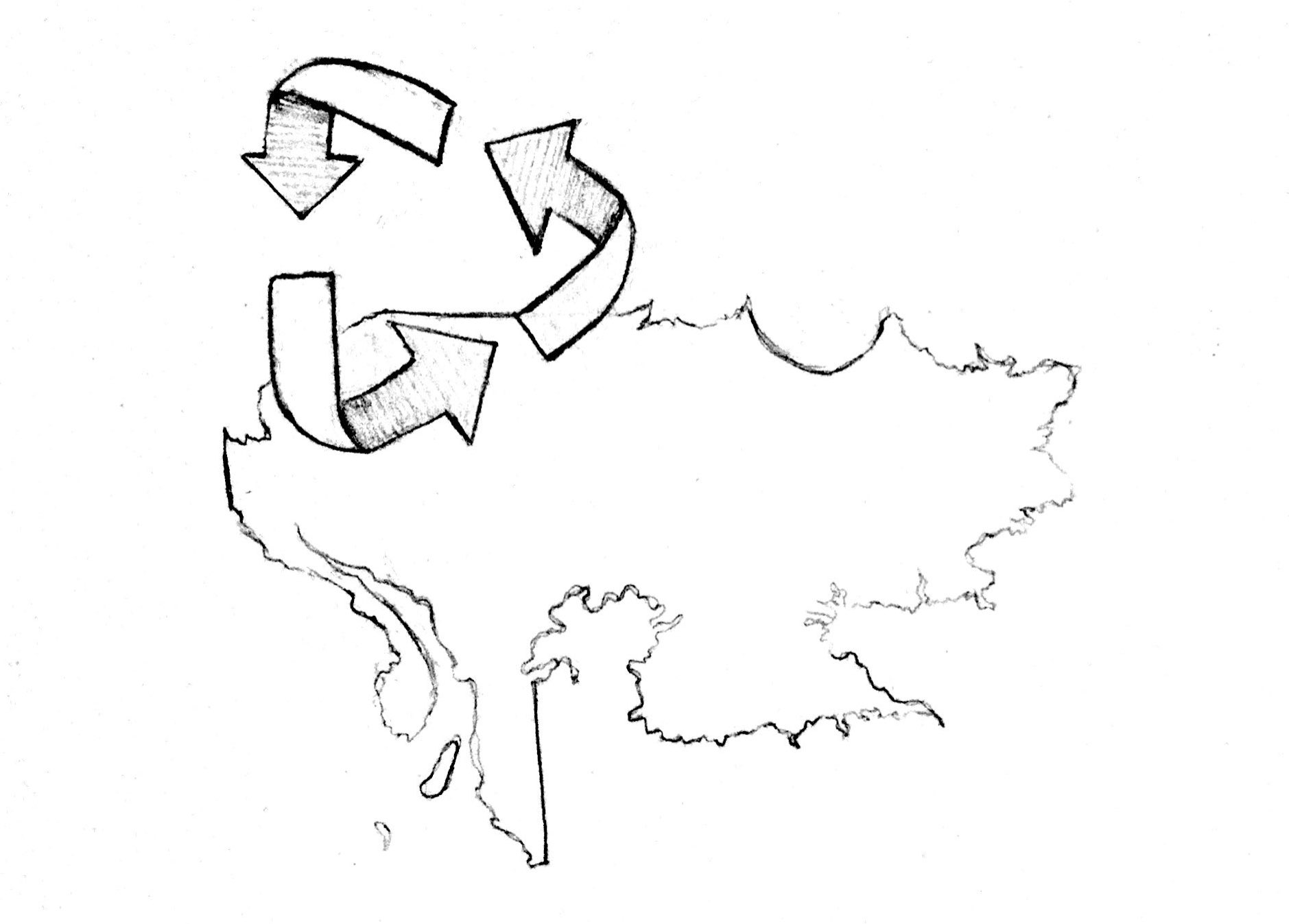McGill students listened to a panel comprised of ecologically-minded professionals discuss the future of Quebec’s environmental policy on Oct. 31, entitled “Looking Ahead: A New Era of Environmental Policy in Quebec”. The speakers agreed that the election of the Coalition Avenir Québec (CAQ) in October could be a major setback to making the province more environmentally-friendly. Organized by Greenpeace McGill, the panel featured speakers from a wide range of academic backgrounds and careers, including Alex Tyrrell, leader of the Green Party of Quebec; Nicolas Chevalier, Concordia Environment student and co-founder of the environmental group Leap Montreal; Katia Opalka, environmental lawyer and adjunct professor in McGill’s School of Environment; and Shaun Lovejoy, a professor of atmospheric physics at McGill and one of the original founders of Divest McGill.
Tyrrell thinks that the election of the CAQ is an opportunity for environmentally-conscious citizens to mobilize. He encouraged Quebecers of all stripes to get involved, as a transition toward energy sources that will minimize carbon emissions would require a lot of labour from many different sectors of the workforce.
“We now have a party that is pretty openly anti-environment,” Tyrrell said. “People understand very well that the environment is not where the priorities and the values of CAQ lie. So, one of the advantages of this is that the left of the environmental movement can be more mobilized now because we have a very good target.”
In the spirit of mobilization, Chevalier believes that social movements are most powerful when broad coalitions work together to achieve common goals.
“CAQ is not only [going to] take away the environmental rights […] but also the human rights and the rights of immigrants,” Chevalier said. “Putting these values tests, putting a limit on migration […] is a crime of environmental justice, also, and not just social justice. [Causes are] all connected […], and, oftentimes, movements, as much as governments, don’t make these connections, and that’s a problem because then we become fragmented into smaller movements.”
When asked about how their different fields of expertise might contribute to the environmental movement in Quebec, Opalka weighed in on the challenges of solving environmental issues by using Western codes of law.
“The cornerstone of law in the West is human freedom, it’s not environmental protection,” Opalka said. “But, if we decided it was environmental protection instead of human freedom, then there is a lot of stuff that you can do. If we could dispense with democracy and [agree] that this is far too important to be left to people electing random [unqualified public officials], we could just do it.”
Lovejoy emphasized the importance of students getting involved, both on- and off-campus.
“If you are a McGill student one thing you could do is join Divest […and], if you are politically-inclined, support the Green Party or Québec Solidaire,” Lovejoy said. “Québec Solidaire’s main campaign was around the climate and the environment. Young people are going to be the ones who are going to be suffering from the consequences of what is happening, so it’s clearly really important.”









